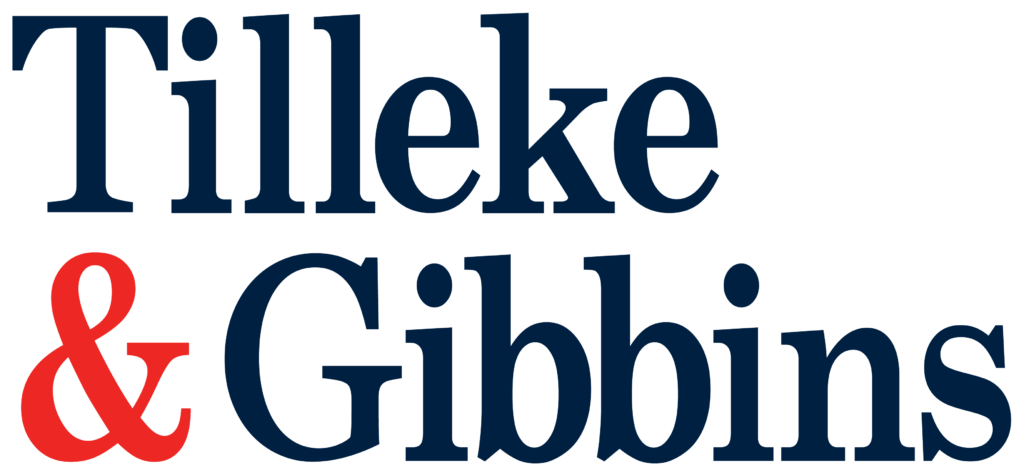On October 21, 2022, the Financial Action Task Force (FATF) added Myanmar to the list of high-risk jurisdictions having significant deficiencies to counter money laundering, terrorist financing, and financing of proliferation.
The FATF is an international financial watchdog that aims to impede global money laundering and terrorist financing. It is a policymaking body that monitors implementation of FATF Recommendations and FATF Standards and is not binding as a supervisory authority for financial institutions.
Myanmar will remain on the list of countries subject to a call for action until the country has implemented an action plan that:
- demonstrates an improved understanding of money laundering risks in key areas;
- demonstrates that onsite and offsite inspections are risk-based, and hundi (a type of informal remittance instrument for transferring money) operators are registered and supervised;
- demonstrates enhanced use of financial intelligence in law enforcement authorities’ investigations, and increasing operational analysis and dissemination by Myanmar’s Financial Intelligence Unit;
- ensures that money laundering is investigated and prosecuted in line with risks;
- demonstrates investigation of transnational money laundering cases with international cooperation;
- demonstrates an increase in the freezing, seizure, and confiscation of criminal proceeds, instrumentalities, and property of equivalent value;
- manages seized assets to preserve the value of seized goods until confiscation; and
- demonstrates implementation of targeted financial sanctions related to proliferation financing.
Enhanced Customer Due Diligence
Unlike other blacklisted countries, Myanmar is not applicable to countermeasures. Instead, the financial institutions of members and nonmember states of the FATF are urged to conduct “enhanced customer due diligence (CDD) measures” to mitigate the risk of money laundering, terrorist financing, and proliferation financing from Myanmar.
Examples of these enhanced CDD measures to be applied to certain higher-risk activities include:
- Obtaining additional identifying information about the customer (available through public databases or internet sources) and regularly updating the identifying information or data of the customer and beneficial owner;
- Verifying the customer’s source of funds or source of wealth and reasons for the intended transaction;
- Seeking additional information on the nature of the business relationship between the parties and the approval of senior management to carry out the business relationship;
- Carrying out enhanced monitoring of the business relationship by adding the number and times of controls applied and applying further examination if necessary; and
- Processing the customer’s initial payment through an account in the customer’s name with a bank subject to similar CDD standards.
Myanmar’s Response
One day after the blacklisting was announced, the Central Bank of Myanmar (CBM) responded by emphasizing that although Myanmar was placed on the list of high-risk jurisdictions subject to a call for action, the country is not in the same position as blacklisted countries such as North Korea and Iran, which are on the list of jurisdictions subject to an FATF call on members and nonmembers to apply countermeasures.
The CBM noted that all countries in the world—including Myanmar—have to carry out 40 recommendations issued by FATF. These 40 recommendations include anti-money laundering, countering the financing of terrorism, and targeted financial sanction of proliferation. Myanmar has implemented about half of the 40 recommendations so far.
In addition, Myanmar already has prior experience carrying out an action plan to get removed from FATF lists. Myanmar was on the blacklist (High-Risk Jurisdictions Subject to a Call for Action) from June 2001 until October 2006 and from October 2011 to February 2016, and the country was on the grey list (Jurisdictions under Increased Monitoring) from February to October 2016 and from February 2020 to October 2022.
Myanmar will draw up a new action plan for the upcoming year to be free from the blacklist as soon as possible.
The CBM also announced that this blacklist announcement is not a big concern for Myanmar and asked the public not to be anxious or carry out any financial activities against the regulations of CBM, as action will be taken against any illegal transactions. In the meantime, those who conduct financial transactions with parties in foreign countries can expect foreign banks to perform enhanced CDD, request evidence of financial transactions, and ask questions as has happened in the past.
Impact
The FATF’s blacklisting of Myanmar at this time is not expected to impact the country’s business environment as much as it has in the past. Nevertheless, businesses and institutions from other jurisdictions should consult with their respective bankers for potential enhanced CDD relating to bank transactions with Myanmar.

For further information, please contact:
Nwe Oo, Tilleke & Gibbins
nweoo@tilleke.com





